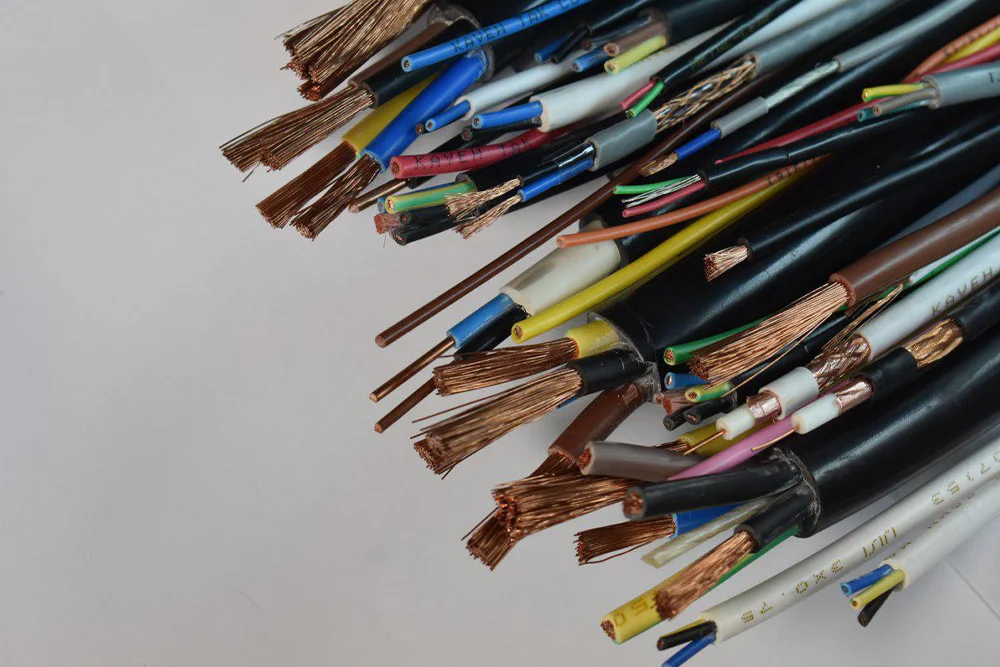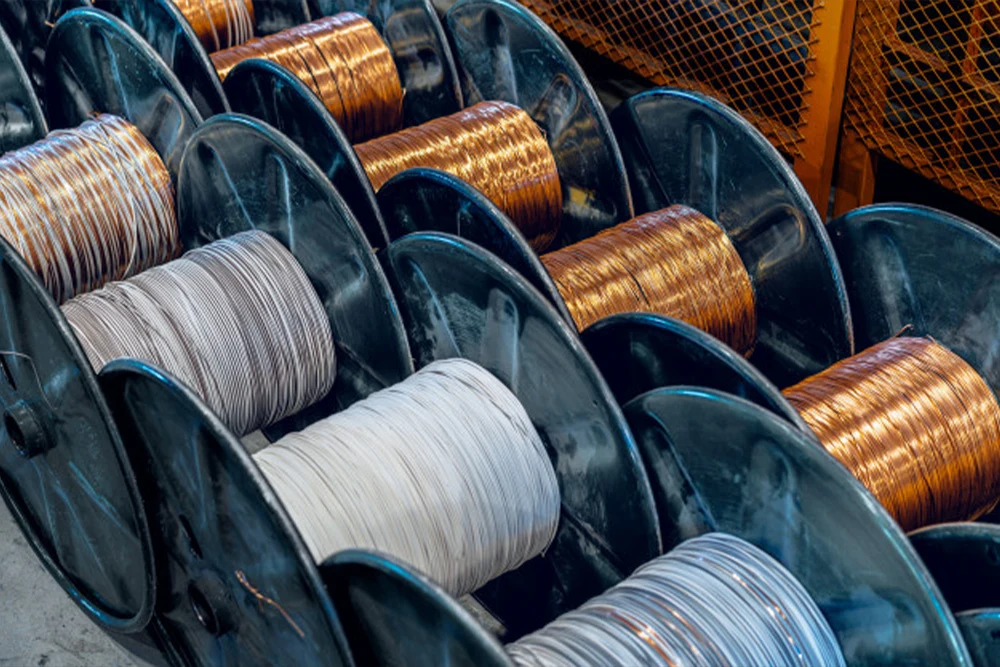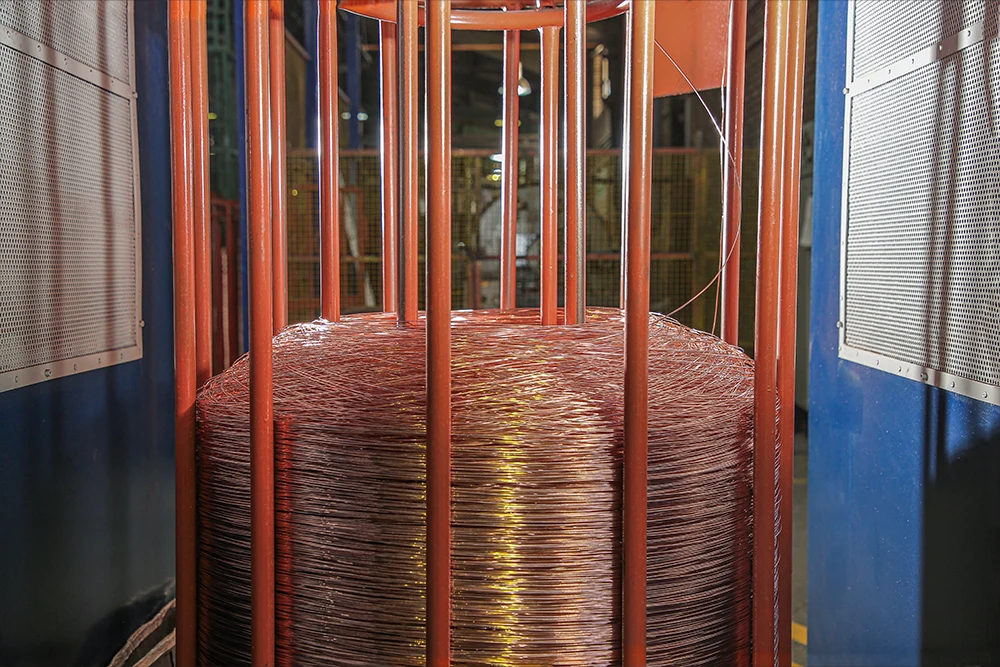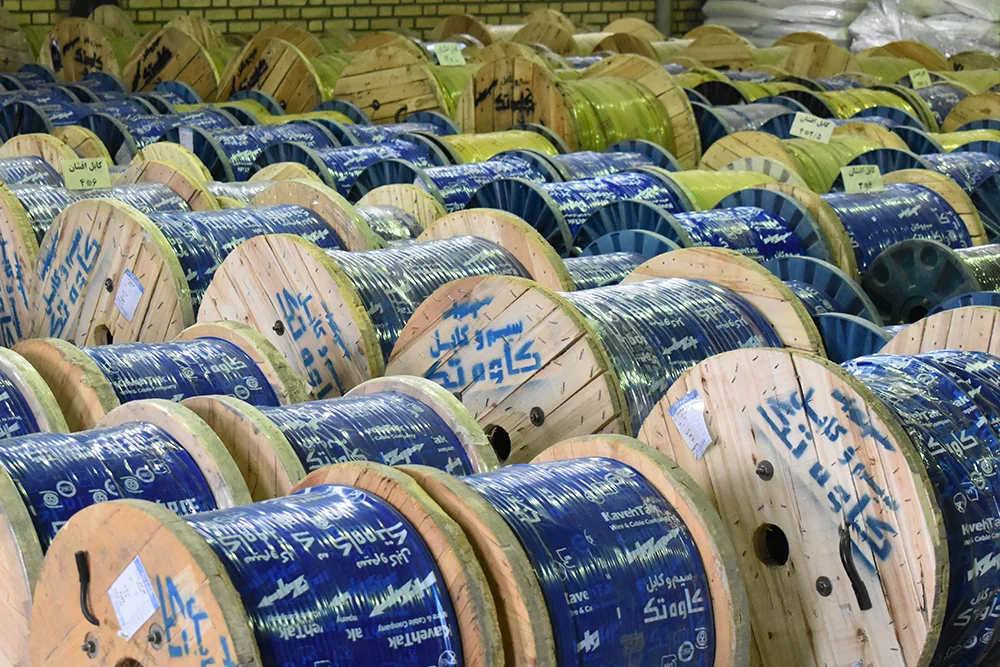In particular, they are used in many applications. But like any other technology, using copper cables also has certain advantages and disadvantages. In this article, we will examine the pros and cons of using copper cables so that you can make an informed decision.
General characteristics of copper cables
High conductivity
Due to the high conductivity of copper, copper cables have a high ability to transmit electricity and data. This feature makes these cables suitable for applications that require efficient transmission of signals and energy.
Corrosion resistance
Copper naturally has a high resistance to corrosion and rust. This feature helps to increase the durability and useful life of copper cables and makes them suitable for use in different environmental conditions.
Flexibility
Copper cables are flexible and can be easily bent and shaped due to the physical properties of copper. This feature helps in easy installation and adaptation to different needs.
Advantages of copper cables
High quality and performance
Copper cables offer high quality and performance due to their high conductivity and low resistance to voltage drop. These cables are suitable for transferring power and data effectively and without loss of quality.
Long life span
Copper cables have a long life and can be used for a long time without needing to be replaced or repaired. This feature reduces maintenance and replacement costs.
Stability in different environmental conditions
Due to its resistance to corrosion and rust, copper cables are stable in various environmental conditions, including humid environments and high temperatures. This feature increases their applicability in different environments.
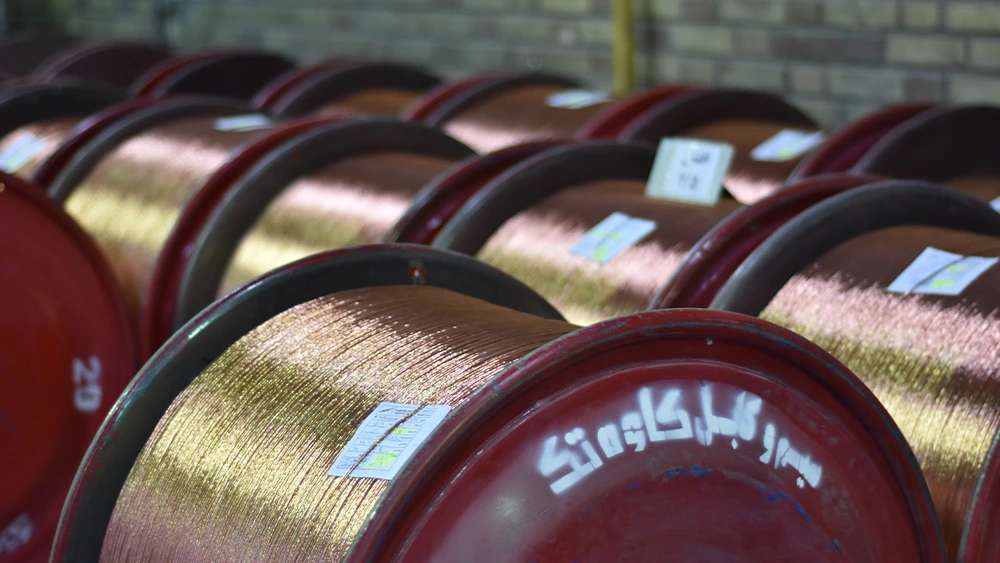
Disadvantages of copper cables
High cost
One of the main disadvantages of copper cables is their high cost compared to other cables such as aluminum cables. Due to its high price, copper increases the overall cost of projects.
heavy weight
Copper cables weigh more than aluminum cables. This feature can make them more difficult to install and move and require more robust infrastructure.
Sensitivity to temperature changes
Copper cables are sensitive to temperature changes and their performance may be affected at very high or low temperatures. This sensitivity to temperature can affect the performance and useful life of the cables.
Comparison of copper cables with aluminum cables
Conductivity and efficiency
Copper cables have better conductivity than aluminum cables and thus provide better performance in power and data transmission. This feature makes copper cables preferable in sensitive applications with high requirements.
Cost and weight
Aluminum cables are more suitable for large projects that need to reduce costs and weight due to their lower cost and lighter weight than copper cables. However, their lower efficiency than copper cables should be considered.


